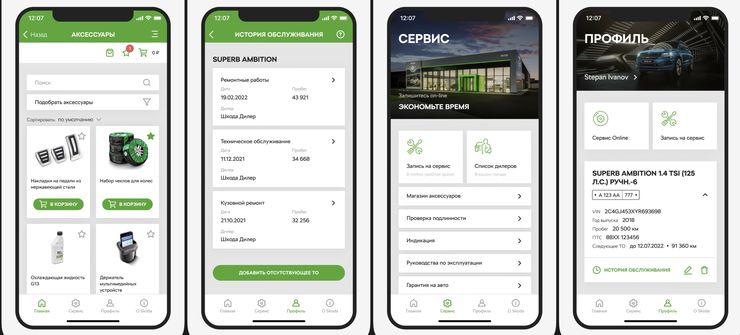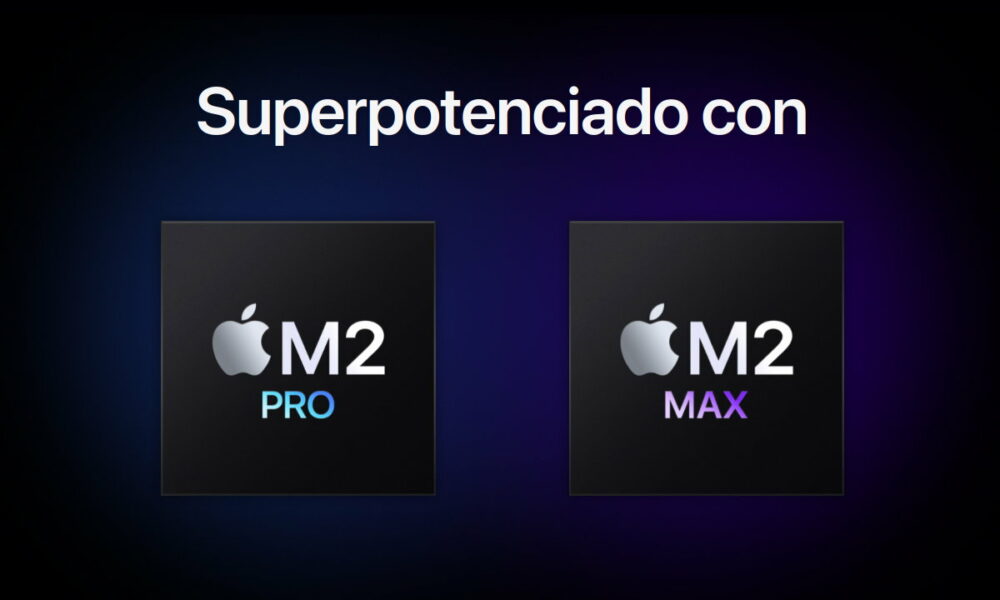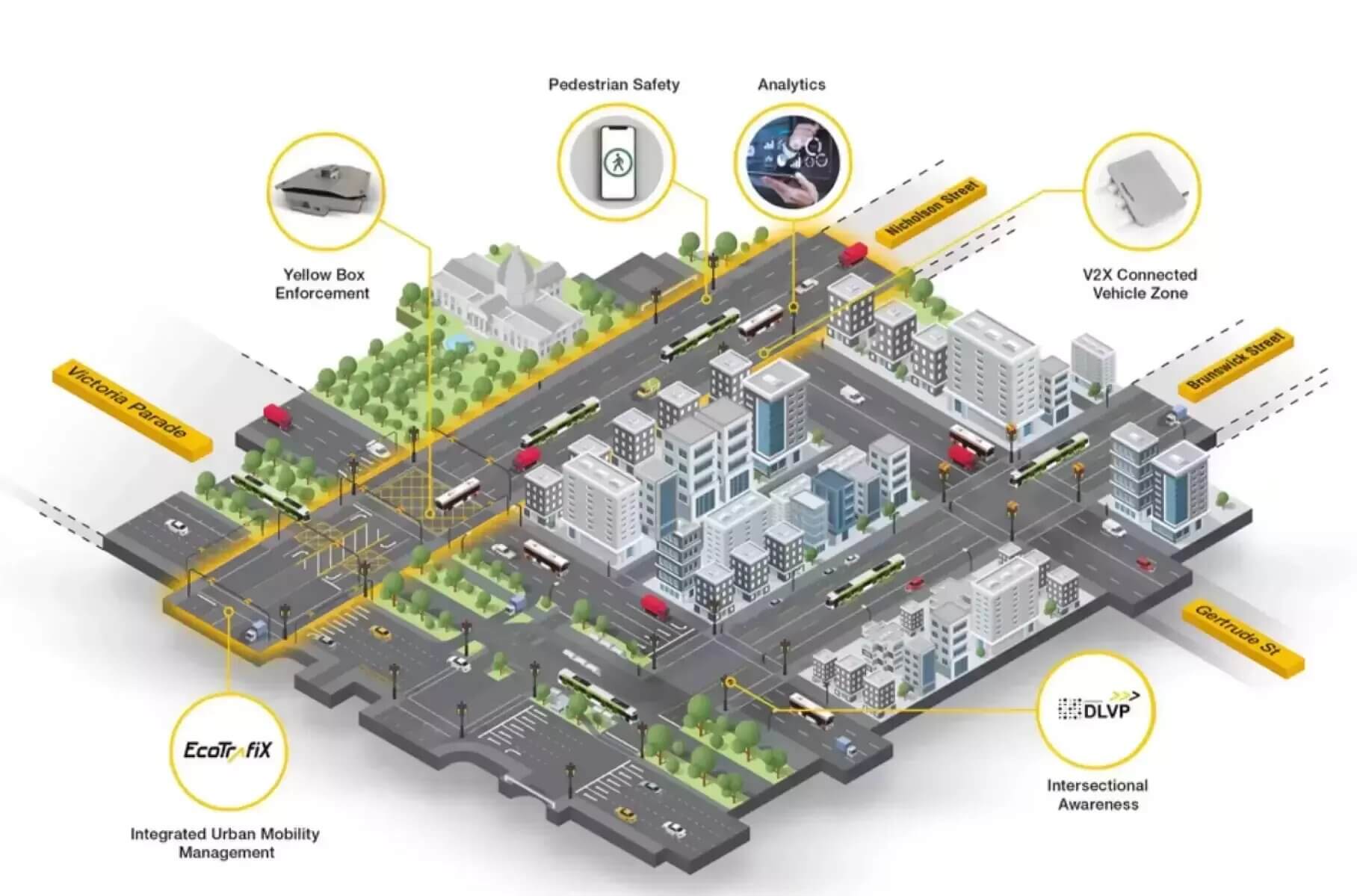In Russia, “difficulties” arose with the mobile applications of many car brands, including Skoda, Infiniti, Nissan, Jaguar Land Rover and Porsche. No one can ask why this happened – the representations are not answering questions now – but there is a perfectly logical and most likely specific reason. One for all. Which one, says the AvtoVzglyad portal.
So the next step in the exodus of car brands from Russia was the shutdown of mobile applications – the very applications that car manufacturers had previously actively promoted. The functionality of such software was different, but in essence they included a maintenance booklet, guaranteed communication with the dealer, which made it possible to quickly and easily sign up for maintenance, sale or purchase of a car. And all this splendor was cut off in one day. Sign? Signal? Symptom?
While we are guessing – unlikely to find out the truth – it is worth remembering that the maintenance, structuring, processing and simple updating of such “widgets” was often not the responsibility of the representations themselves, but from hired agencies. In fact, it was precisely with this that all the annoying errors, stupidities and inconsistencies that regularly appeared in applications were associated. The service contract is for one year and is usually concluded in January. That is, the terms of last year’s contracts are now expiring.
Due to the fact that marketing activities (and such software is purely a part of promotion or marketing) were stopped immediately after February 24, no one renewed the service agreement and there were no new tenders. The application, being owned by the brand, will “hang” in place in the App Store or Google Store, but no one will engage in extending its business for free.
However, far from all utilities “fell”. For example, the Mitsubishi “widget” still works, but it is a representative of the simplest and “lightweight” applications that can live without “intervention” for some time.
In addition, do not forget that such activities were not always outsourced – some distributors preferred to hire a special person who deals specifically with the application. And in the case of dismissal, his duties did not outweigh those who worked with sites or social networks.
In short, it is not worth drawing far-reaching conclusions from the news about the fall of mobile software for car brands. This is just one of the elements, which only shows priorities and in three out of four cases is in no way related to the policy of a particular car manufacturer.
So the next step in the exodus of car brands from Russia was the shutdown of mobile applications – the very applications that car manufacturers had previously actively promoted. The functionality of such software was different, but in essence they included a maintenance booklet, guaranteed communication with the dealer, which made it possible to quickly and easily sign up for maintenance, sale or purchase of a car. And all this splendor was cut off in one day. Sign? Signal? Symptom?
While we are guessing – unlikely to find out the truth – it is worth remembering that the maintenance, structuring, processing and simple updating of such “widgets” was often not the responsibility of the representations themselves, but from hired agencies. In fact, it was precisely with this that all the annoying errors, stupidities and inconsistencies that regularly appeared in applications were associated. The service contract is for one year and is usually concluded in January. That is, the terms of last year’s contracts are now expiring.
Due to the fact that marketing activities (and such software is purely a part of promotion or marketing) were stopped immediately after February 24, no one renewed the service agreement and there were no new tenders. The application, being owned by the brand, will “hang” in place in the App Store or Google Store, but no one will engage in extending its business for free.
However, far from all utilities “fell”. For example, the Mitsubishi “widget” still works, but it is a representative of the simplest and “lightweight” applications that can live without “intervention” for some time.
In addition, do not forget that such activities were not always outsourced – some distributors preferred to hire a dedicated person who deals specifically with the application. And in the case of dismissal, his duties did not outweigh those who worked with sites or social networks.
In short, it is not worth drawing far-reaching conclusions from the news about the fall of mobile software for car brands. This is just one of the elements, which only shows priorities and in three out of four cases is in no way related to the policies of a particular car manufacturer.
Source: Avto Vzglyad
Donald Salinas is an experienced automobile journalist and writer for Div Bracket. He brings his readers the latest news and developments from the world of automobiles, offering a unique and knowledgeable perspective on the latest trends and innovations in the automotive industry.














